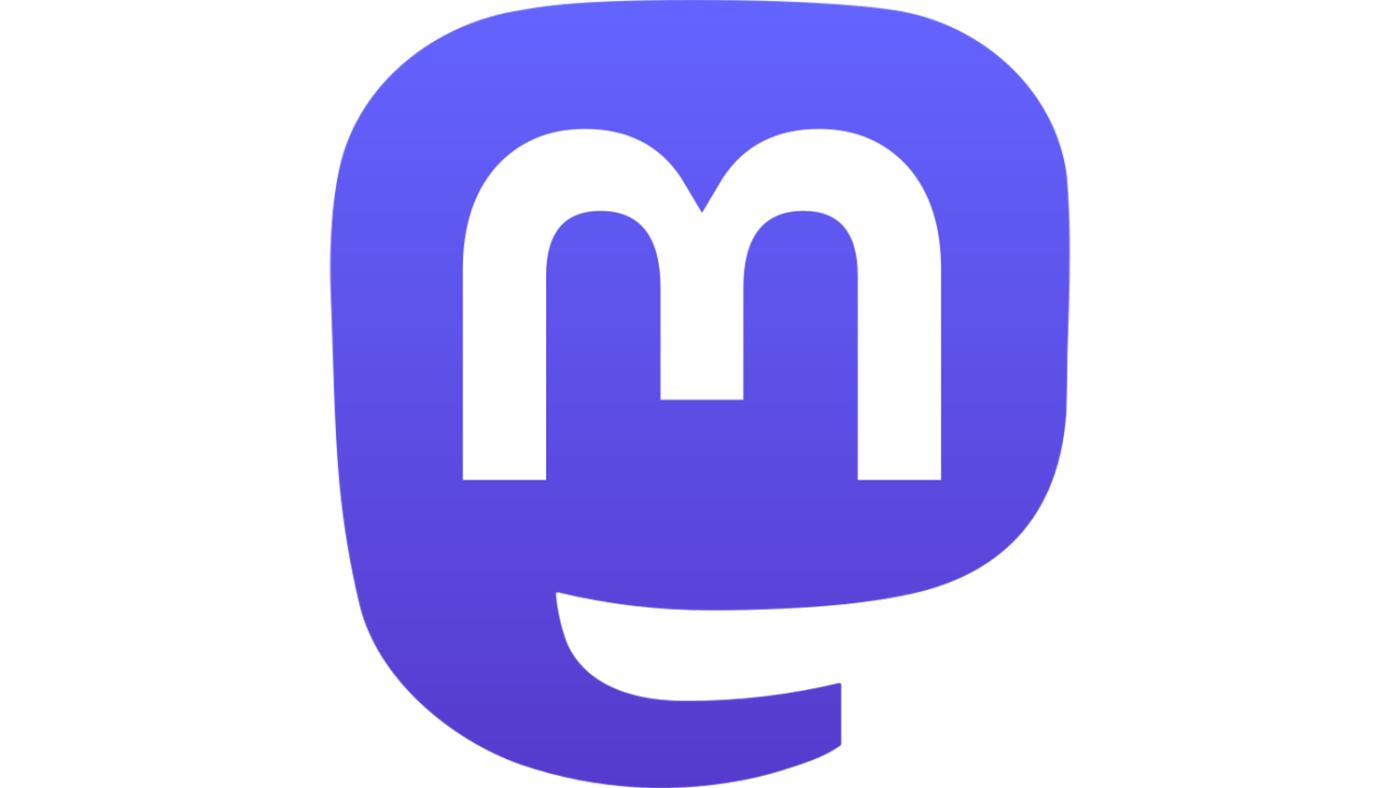Promoting digital autonomy
Utrecht University wants to stimulate Mastodon use

Universities have been concerned about their digital autonomy for some time, as they find that their security and privacy are under pressure due to their dependence on big tech companies such as X (formerly known as Twitter) and Meta. Last year, Surf, the ICT cooperative of Dutch educational institutions, decided to leave X altogether. Surf has since replaced X with its own server on Mastodon, an open and community-owned platform that universities also use.
At the start of the academic year, the ITS management at Utrecht University launched a campaign to encourage students and staff to switch to Mastodon. The IT staff hope this will give the programme a new boost. They are also helping to expand the platform. According to Raymon Zutekouw from ITS, Mastodon is not only open-source but also more user-friendly and less polluting than other social media platforms. ‘Not to make people feel guilty, but those platforms are simply not good.’
Mastodon
Like X, Mastodon is a microblogging platform allowing users to post short messages. However, Mastodon differs from X, as its timeline only contains messages posted by accounts that the user follows. Mastodon users are not exposed to 'recommended' posts or advertisements. Users can find each other by using hashtags. According to Zutekouw, this prevents people from scrolling all day long. ‘You know there's an end to your timeline.’
Mastodon accounts can be linked to other sites. For example, DUB's posts on Blue Sky are automatically bridged on Mastodon. Comments and followers are also shared automatically, which saves time and work, making communication between platforms easier.
Automatic sharing is also better for the environment, says Zutekouw, because no copies need to be made for each individual channel. This means that fewer data centres are needed. ‘Instagram is a very polluting app in that respect, because the same content is uploaded over and over again by users.’ He believes that people on Mastodon are more conscious of the medium and the size of the servers, as they can manage Mastodon themselves. 'Organisations pay for the costs of a server themselves, so they think twice about who they allow on it and how much data they use.’
Their own rules
The programme has a decentralised structure, allowing everyone to retain control over their own servers. Therefore, the university can set its own rules and regulations. This means that communication on Mastodon does not follow the rules of a single company, unlike X and other platforms. After Elon Musk took control of Twitter, many have criticised the billionaire for not doing enough to combat disinformation and manipulation on the social network. Since Mastodon is public or 'open source', data can easily be moved to another platform if it proves to be better. Apart from Surf, the Dutch government and the European Commission have already switched to Mastodon.
Switching to Mastodon also aligns with the new Digital Autonomy framework and the university's Digitalisation Strategy for 2025-2030 (Intranet link, Ed.). This new framework stemmed from an open letter to the Executive Board penned by professors Albert Meijer (Public Innovation) and José van Dijck (Media & Digital Society) this spring. They wrote that the security and privacy of big tech users are at risk, arguing that the university is losing control over its data, as services are accessed through American authentication. Additionally, they argue that the dependence on big tech companies becomes even more problematic in light of the rapidly changing geopolitical situation. According to the professors, this dependence is ‘fundamentally at odds with social values such as freedom, independence, autonomy and equality’.
They called for the use of non-profit and transparent alternatives based on social values. They suggested actions that would directly contribute to the autonomy of Dutch universities, such as investing in local expertise and cooperating with other European universities to develop an autonomous academic IT infrastructure. The use of Mastodon aligns with these ideas.
Signing up for Mastodon
Surf has created a Mastodon server for Dutch universities. Students, staff and researchers at Utrecht University can sign up using their SolisID on the website https://social.edu.nl (log in > SURFconext > Utrecht University). In addition to the site, Mastodon also has an app. Some accounts you may want to follow:
- https://social.edu.nl/@Data_School
- https://social.edu.nl/@utrechtuniversity@akademienl.social
- https://social.edu.nl/@Bibliothecaris
- https://social.edu.nl/@dubnieuws.bsky.social@bsky.brid.gy (DUB)
- https://social.edu.nl/@domtoren_klok@mastodon.nl
- https://social.edu.nl/@creativecoding@post.lurk.org
- https://social.edu.nl/@teletekst@mstdn.social
- https://social.edu.nl/@xkcdbot@me.ns.ci
- https://social.edu.nl/@bitsoffreedom@chaos.social
- https://social.edu.nl/@NOSRSS@mastodon.online
- https://social.overheid.nl/public/local
Group account
Surf also offers the option of creating group accounts, through which multiple people can post. This can be useful for accounts belonging to institutions or research groups. Such accounts can be managed with your SolisID. You can create a group account by following these steps:
- Send an email to mastodon@surf.nl with the account name you want to use. It may contain letters, numbers and underscores, but no spaces. It must also be up to 30 characters long.
- Surf will create the Mastodon account for you and invite you to the SURFconext Invite role. You can then use SURFconext Invite to invite other people who need access to the same account.
Aardig. Ik vergeet altijd dat Mastodon bestaat (zelfs vergeleken met BlueSky is het gebruik ook marginaal), maar voor wie zin heeft: https://social.edu.nl/@Casper